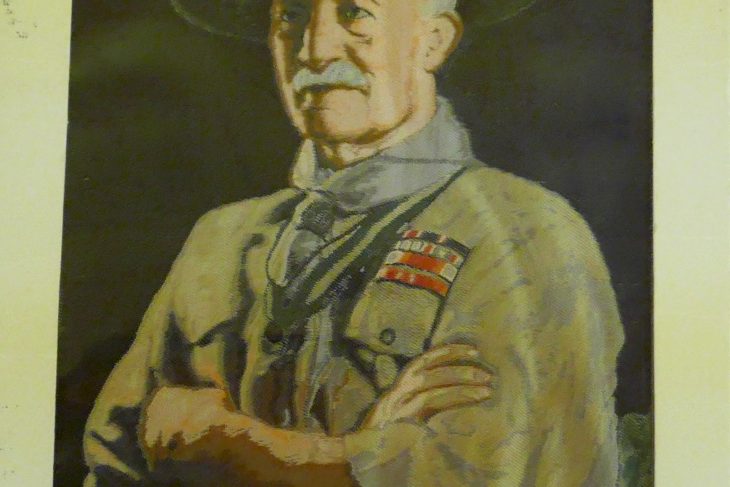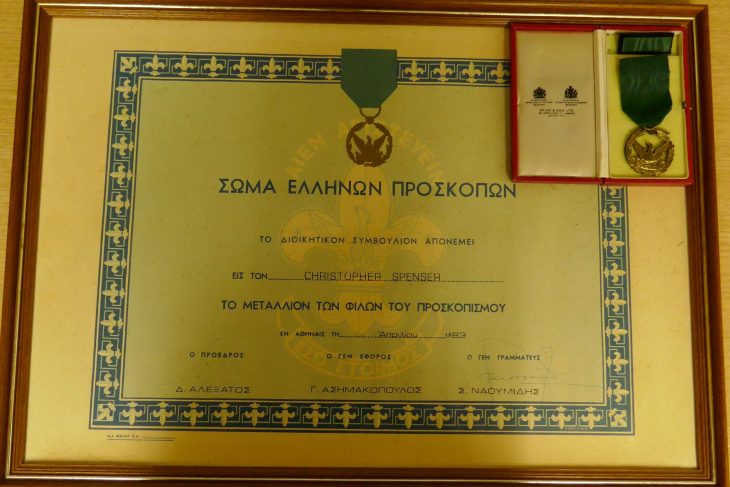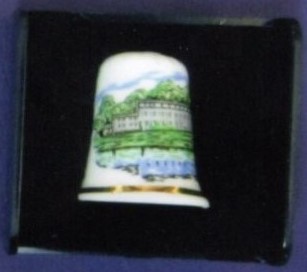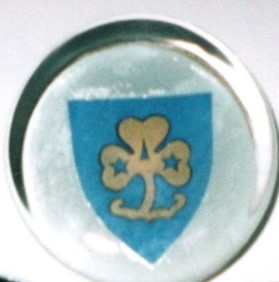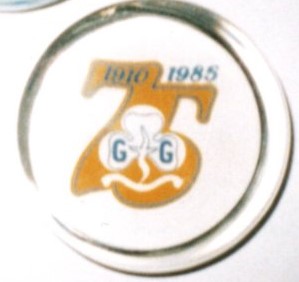Scouting in the Forties
1940 Robert E Young, who started Scouting in Scotland at the instigation of B-P, died.
Forces Bulletin introduced as a newsletter for members serving in the Forces.
War Distressed Scouts Fund launched. Roland House bombed and extensively damaged.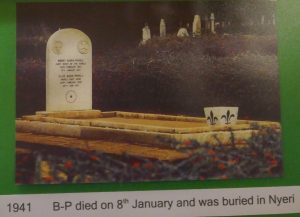
Rosemary Scout Convalescent Home closed because of dangerous location at Herne Bay, Kent.
Gilwell Park was requisitioned by the War Office and closed to Scouting.
The Scout transferred from C Arthur Pearson Ltd to Scout Headquarters.
1941 B-P died on 8th January at Paxtu and was buried in Nyeri, Kenya.
Lord Somers elected Chief Scout of the British Empire.
Air Scout Branch formed.
Admiralty Recognition Scheme started for Sea Scout Troops.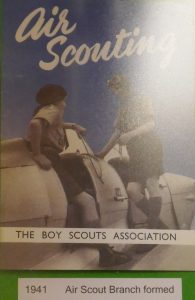
Commission established to consider the Post War development of the Movement.
1942 Duke of Gloucester succeeded Duke of Connaught as President.
B-P Memorial Fund launched.
Olave, Lady Baden-Powell returned to England. With Pax Hill requisitioned by the War Department the King offered her a Grace and Favour Apartment, in Hampton Court Palace.
Four King’s Scouts representing Birkenhead, Glasgow, London and Southampton toured Canada and U.S.A. for six months to speak of their experience of air raids.
1943 John Thurman succeeded J S Wilson as Camp Chief at Gilwell Park.
1944 Day of Work raised £33,000 for the Scouts’ International Relief Service.
Lord Somers died.
Gilwell Park returned to the Scout Movement.
1945 Lord Rowallan elected Chief Scout of the British Commonwealth and Empire.
The Civil Defence Badge, which had been awarded to over 70,000 Scouts during the War, was discontinued. 194 Scouts were killed while on duty in Britain.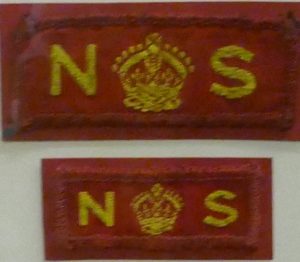
The Road Ahead published following over 140 local conferences to consider the Commission’s preliminary report on Post War development.
1946 National Service Badge discontinued.
Senior Scout Section for Scouts aged 15 to 18 officially started.
New plan for the Rover Scout Section introduced.
1947 Memorial tablet to B-P unveiled in Westminster Abbey.
Lord Rowallan visited Gambia, Sierra Leone, Gold Coast and Nigeria
accompanied by Commonwealth Commissioner Harald Dahl.
Most of the original manuscript of Scouting for Boys came to light and was purchased.
It is now part of the National Scout Archives.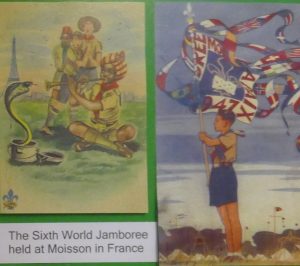
The Sixth World Scout Jamboree was held at Moisson on the banks of the River Seine in France. Known as the Jamboree of Peace or Peace Jamboree, it involved 24,152 Scouts from 70 countries.
World Scout Membership reached 4,404,927.
1948 Scouts and Sea Scouts carried out important duties during the Olympic Games. They were described as ‘the oil within the wheels of the Olympic Games Organisation’.
B-P Guild of Old Scouts inaugurated at the Royal Albert Hall.
First National Conference held in Filey, Yorkshire.
1949 First Bob-a-Job Week held.
First Agoon, an International Camp for Scouts with Special Needs, held at Lunteren in Holland.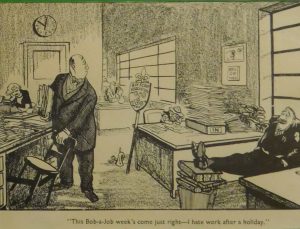
Fourth World Rover Moot held at Skjak in Norway.
